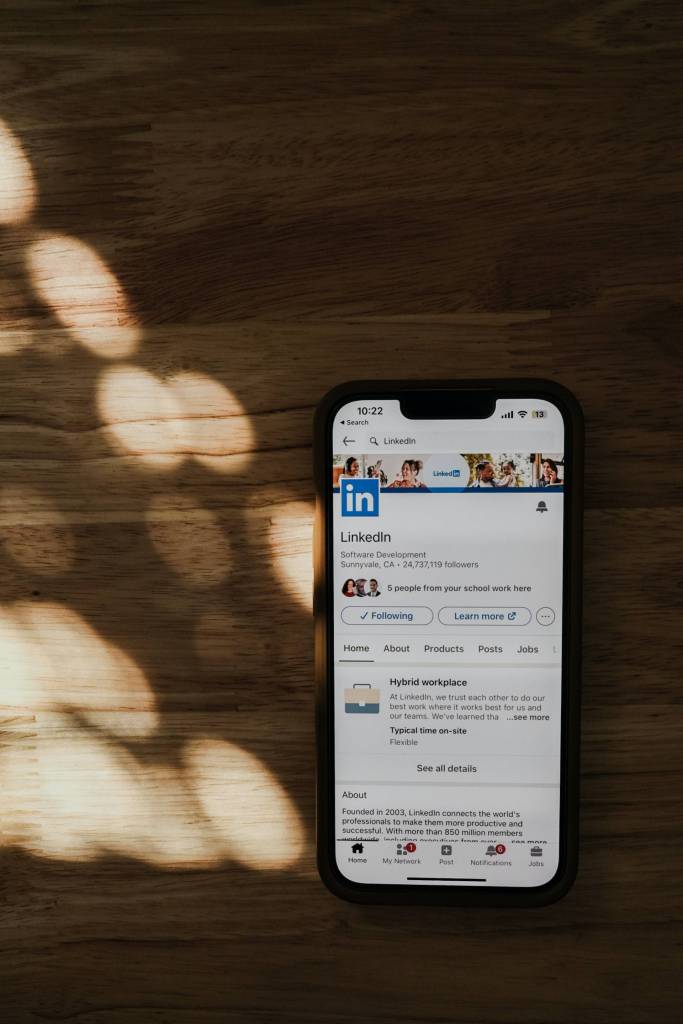What is the right answer when the recruiter asks, “How do you deal with difficult people?” You cannot say: “I like everyone! I never encounter difficult people!”
Here’s the thing. Either you’ve dealt with difficult people, or YOU are one. The truth is in an office, someone is always stressing out everyone else. So, admit you’ve met a few difficult people in your career, and have a good answer with an example.
Keep in mind that having a personality conflict is very different than dealing with someone who is causing a problem for everyone. If you misread this question and make it about a personality conflict, you are saying you’ve been a problem employee.
This may be familiar, if you have a sibling. You’ve heard a parent say, “If you two don’t stop bickering back there, I’m going to stop the car and smack both of you.” That’s a personality conflict, a turf war and the famous sibling rivalry. You’re both difficult, even if your brother started it.
Instead, you want to take on the role of a therapist here, not an enemy combatant.
Here’s an example. My coaching client Deborah is a staff accountant at a large Las Vegas gaming company, and worked for three years with Marjorie, a monstrous woman who had been with the company for a decade. A few co-workers suspected Marjorie had some compromising photos of the senior executives, but in fact she had some specialized knowledge about the legacy IT system. That made Marjorie valuable to the oldest customers who were still on that system. Plus, the senior executives didn’t suffer Marjorie’s tantrums.
As Deborah went on interviews she had her “difficult people” answer ready, because Marjorie was a textbook example.
“Of course, I am compassionate when someone is truly difficult,” Deborah shared. “I know it’s nothing personal between them and me. When difficult people cause stress in the office, it’s most likely that their home lives or some other problems are really what’s stressing them. For example, I had a colleague who rarely could sit through even a few minutes of a conversation without interrupting and would even interrupt me when I was with a client in my office or on the phone.
My strategy was to listen to her with my full attention for a few moments to see if what she needed was truly urgent. If not, I apologized and let her know I couldn’t spend more time with her at that moment. But, I’d make myself available to her if she wanted to talk after work. Because she commuted with a co-worker, I knew she rarely could meet after hours. It seems transparent, but it worked. Eventually she stopped interrupting me.”
What would your answer be? Whatever you say, keep in mind that working with difficult people calls for you to show how you can be compassionate and dispassionate. You want to show you understand that some people on some days come to work with the worst parts of their personalities “out there,” AND that you don’t get caught up in whatever drama they bring.
The “How do you deal with difficult people” question is one you want to address quickly and then move on with the interview – unless you are interviewing for a customer service position. If that’s your desired role, or you are currently struggling with a difficult person, I recommend you get to know my guru on the subject, Dr. Rick Brinkman. He can change your life with his book: Dealing With People You Can’t Stand.












